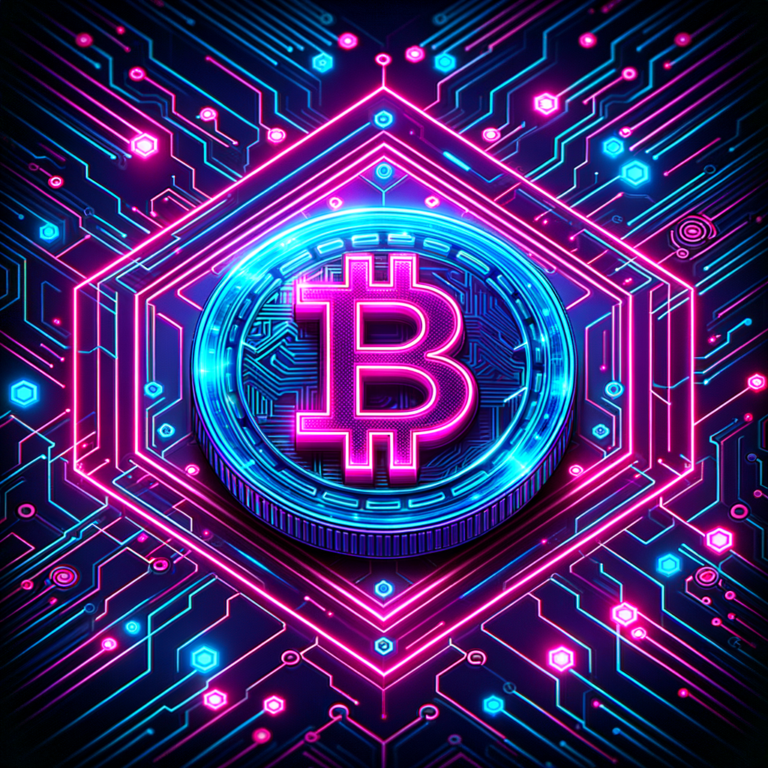Complete Guide to Building Your NFT Collection
Navigating the burgeoning world of non-fungible tokens (NFTs) can be daunting for newcomers and seasoned collectors alike. This comprehensive guide is designed to provide you with essential insights and strategies to build a successful NFT collection. From understanding the basics of NFTs to managing your digital assets and anticipating future trends, we cover all the crucial steps to help you navigate this innovative digital landscape.
Understanding NFTs: The Basics Explained
Non-fungible tokens, or NFTs, are digital assets that represent ownership or proof of authenticity of a unique item or piece of content using blockchain technology. Unlike cryptocurrencies such as Bitcoin, each NFT has a distinct value and cannot be exchanged on a one-to-one basis, making them truly “non-fungible.” This uniqueness and digital scarcity are what drive the value of NFTs. NFTs can represent digital art, collectibles, music, and more, thereby enabling digital content creators to monetize their creations in new ways while providing collectors with proof of ownership. To understand NFTs fully, one must grasp the concept of blockchain technology, which ensures the security and transparency of transactions.
Choosing the Right Blockchain for NFTs
The choice of blockchain is critical when getting involved with NFTs, as it affects everything from transaction costs to the security of your assets. Ethereum is currently the most popular blockchain for NFTs due to its robust smart contract capabilities and widespread adoption. However, other blockchains like Binance Smart Chain, Flow by Dapper Labs, and Tezos are also gaining traction in the NFT space due to lower transaction fees and energy efficiency. When selecting a blockchain, consider factors such as network security, transaction costs, and the environmental impact of the blockchain’s operations.
Setting Up Your Digital Wallet
To buy, sell, or store NFTs, you’ll need a digital wallet that supports the blockchain of your choice. MetaMask is widely used for Ethereum-based NFTs, while wallets like Binance Chain Wallet are suited for Binance Smart Chain. Setting up a digital wallet involves creating a secure password and backing up your wallet’s recovery phrase. Never share your private key or recovery phrase with anyone, as these are the keys to your digital assets.
Exploring Popular NFT Marketplaces
To begin acquiring or selling NFTs, you’ll need to access NFT marketplaces. OpenSea and Rarible are two of the largest decentralized platforms where users can buy, sell, or mint NFTs. These platforms support a wide range of NFTs across different blockchains and offer user-friendly interfaces. For those interested in specific types of NFTs, such as digital sports memorabilia, platforms like NBA Top Shot offer specialized collections.
How to Evaluate and Select NFTs
Evaluating NFTs involves several factors including the rarity, utility, and the reputation of the creator. Rarity refers to the number of copies an NFT has; single editions are often more valuable than those with multiple copies. Utility could mean any real-world benefits that come with owning the NFT, such as access to exclusive events. Finally, a well-known and respected creator can add significant value to an NFT. Researching and understanding these aspects can significantly guide your buying decisions.
Strategies for Buying Your First NFT
When purchasing your first NFT, start by setting a budget considering the often volatile prices of digital assets. Explore different marketplaces to compare prices and available collections. It’s also wise to participate in community discussions and follow NFT creators on social media to gain insights into upcoming drops and projects. Remember, the goal is to make a well-informed decision that aligns with your interests and investment goals.
Managing and Organizing Your NFT Collection
Effective management of your NFT collection is essential as your portfolio grows. Utilize digital tools and platforms that allow you to track the current value and transaction history of your NFTs. Organize your collection by categories such as art, utility, and collectibles to keep track of different types of NFTs. Regularly reviewing and reassessing your collection’s composition and performance can help in making informed decisions about future acquisitions or sales.
Legal Considerations in NFT Ownership
Owning NFTs also involves legal considerations, particularly in terms of intellectual property rights and copyright laws. Generally, purchasing an NFT grants you the ownership of the token but not necessarily the copyright of the underlying digital asset unless explicitly stated. It is crucial to read and understand the terms and conditions of the NFT before purchasing. Furthermore, be aware of the tax implications in your jurisdiction as NFT transactions can be taxable events.
Selling NFTs: Tips and Best Practices
When you decide to sell an NFT, timing and platform choice can significantly affect your success. Research the best time to sell based on market trends and previous sales of similar NFTs. Choose a marketplace that has a strong user base and is well-suited for the type of NFT you are selling. Effective marketing through social media and NFT communities can also greatly enhance visibility and attract potential buyers.
Future Trends in the NFT Market
The NFT market is evolving rapidly with new applications and innovations emerging constantly. Areas such as virtual real estate and gaming are expected to drive significant growth in the NFT sector. Additionally, as technology advances, we can anticipate more seamless integration of NFTs with other digital and physical assets. Keeping abreast of these trends and technological developments will be crucial for anyone serious about building a dynamic and valuable NFT collection.
As the NFT landscape continues to expand and diversify, understanding the foundational elements and staying informed about new developments is key to building a successful collection. Whether you are a digital art enthusiast or a strategic investor, this guide provides the tools and knowledge needed to navigate the complex but exciting world of NFTs. Remember, building an NFT collection is not only about financial investment but also about supporting digital creativity and innovation.

